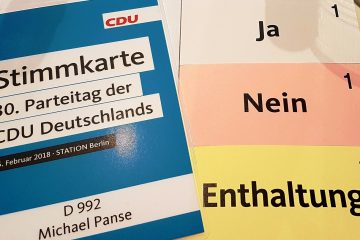
A gradual farewell? There will be no three-year transition period in Germany
Angela Merkel’s announcement on Monday to not run again in the 2021 election has initiated a period of transition in German politics. Yet, whether this process will last until the next election, as she suggested, is questionable. German chancellor, Angela Merkel, announced on Monday that she would not be running for a fifth term in office in the next federal election in 2021 and step down as the leader of her party in December. Her statement came less than 24 hour after her Christian Democratic Union party (CDU) had lost more than 10 percent of the votes in the state election of Hesse, marking the party’s worst result in the state since 1966. The election continued an overall downturn in …
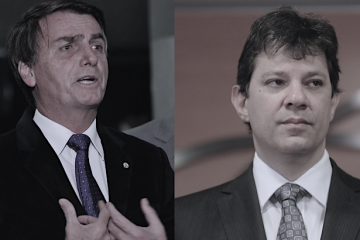
Brazilians’ other choice: the future direction of drug policy
On October 8th, Brazilians went to the polls to vote for a new President amid economic woes, an all-encompassing seeming corruption scandal, and, a deteriorating security situation. With the most popular candidate, former President Ignacio “Lula” da Silva, banned from appearing on the ballot due to a conviction earlier this year, and, incumbent President Michel Temer deeply disliked, controversial right-wing candidate Jair Bolsonaro became the odds-on favourite. Outperforming predictions, Bolsonaro received 46% of the votes. However, because he fell short of securing the outright majority of votes, he will face the runner-up, Fernando Haddad, who received 29% of the votes, in the second round of the elections on October 28th. While much has been written about Bolsonaro’s affinity to and …
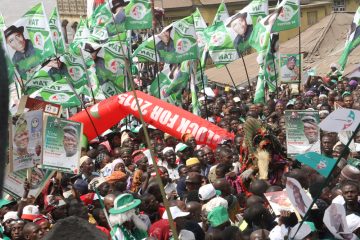
Will 2019 Witness a Protest Vote against Nigeria’s Ruling Party?
The 2019 presidential election will mark a defining moment in Nigeria’s hectic political history. Tensions are rising ahead of the elections in February when the polls will mark the first contest after an opposition leader defeated an incumbent president since the return to civilian rule in 1999. In the 2015 election, the All Progressives Congress (APC) defeated then-President Goodluck Jonathan’s People’s Democratic Party (PDP). Today, APC faces the prospect of electoral defeat just four years after it came into power. Neither President Muhammadu Buhari, nor any of the likely main opposition candidates, has a clear support base. In the lead-up to Nigerians heading to the polls in early 2019, the deteriorating security situation of Africa’s largest economy is particularly worrying. …
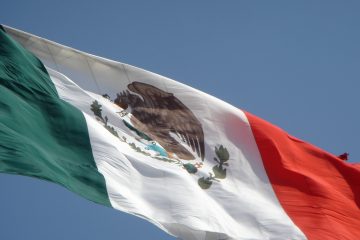
Mexico’s Election: The Good, the Bad and the Ugly
Come Sunday at 6 p.m. (GMT-5) Mexican citizens will have had elected not only a new president, but also over 3,400 new public officials. Being the largest electoral process in Mexican history, this third federal voting round in the post-transition era determines not only Mexico’s future, but —along with several other elections in the region— it also helps configure the ideological composition of Latin America. Instead of providing an overview of the contenders or discussing the trade-offs and the potential risks of the populist left, I will a) assess the campaign, b) zero in on the topics to look out for during and after election day and lastly, I will also c) identify key challenges for the future. My assumption or rather …
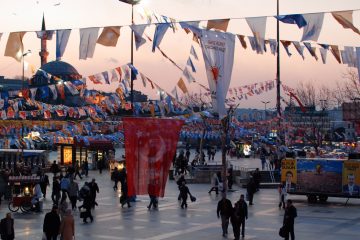
Six Takeaways from Turkey’s Election
According to the official results, the coalition led by the ruling AKP has secured a parliamentary majority, and Recep Tayyip Erdoğan remains president following the first ever simultaneous parliamentary and presidential election on June 24. Below are some takeaways from Turkey’s historic election: Erdoğan was not built in a day, and neither will be Ince. Erdoğan was elected mayor of Istanbul in 1994 and undertook many practical reforms involving infrastructural improvements. He bided his time until 2002, when he led the AKP to power. Under his mayoral watch, the municipal water system was improved, metro lines were built, trash was picked up regularly, and a political machine was built slowly thanks to the support of small business owners and conservative migrants …

Turkey’s Election: “It’s the Economy, Saftirik”
The lights shine, the cameras zoom, and the serious intro music fades. “Let’s talk about the hottest topic: the economy,” says the CNN Türk news program host. On the left are three journalists from mainstream Turkish news outlets, on the right is Muharrem İnce, the presidential candidate of CHP, the center-left party and opposition candidate with the best shot at unseating president Recep Tayyip Erdoğan. The stone-faced journalist from Hürriyet asks the first question: “It is said that speculators, FETÖ (the term for the followers of accused coup plotter Fethullah Gülen), and economic masterminds are working together and have hurt the capacity of the AKP to help the economy. It’s an economic coup, they say. What do you say?” İnce doesn’t take the …
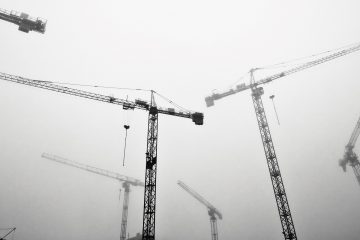
Post-war voters as fiscal liberals
Are voters more fiscally conservative or fiscally liberal? Do they reward politicians who engage in deficit spending or those who show more fiscal restraint? To what extent does this depend on the country-specific context? The public choice literature finds that voters in developed democracies with strong institutional checks and balances, such as the US, UK, Canada, or Sweden, reward more accountable governments which spend the public’s money responsibly (e.g. Peltzman, 1992; Lowry, Alt and Ferree, 1998; Brender and Drazen, 2008). On the other hand a number of studies done in countries such as Argentina, Brazil, Spain or Russia suggest an opposite conclusion – voters reward incumbents who spend more and more freely (e.g. Jones, Meloni and Tommasi, 2012; Sakurai and …
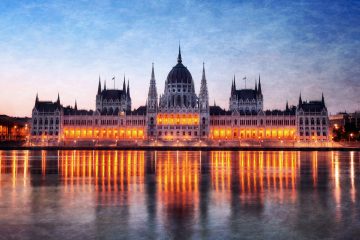
Four Myths about Orbán’s Hungary
Even though Hungarians vote this Sunday, April 8th, this piece is not on the Hungarian parliamentary elections per se. Whilst the initial idea was to write a short summary of the state of the opposition to prime minister Viktor Orbán, I had to quickly realize that the average Western news consumer hardly knew anything about Hungary. Hence presupposing very little knowledge about the ins and outs of Hungarian politics, I will try to challenge some of the assumptions and myths extolled in recent news articles on the Hungarian elections by giving you some additional, contextual information. Myth #1: Hungary is an outright illiberal state Despite their thoroughly liberal roots, Fidesz – the larger party in the current government coalition in …









